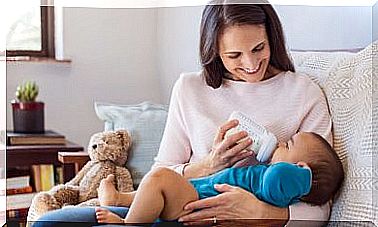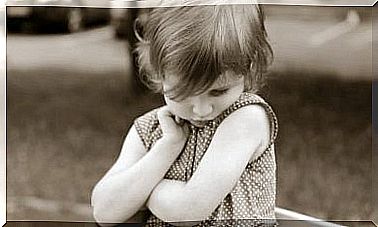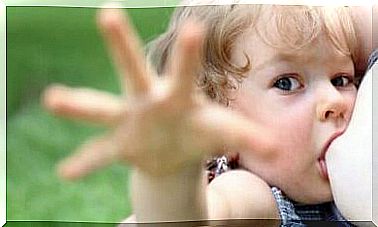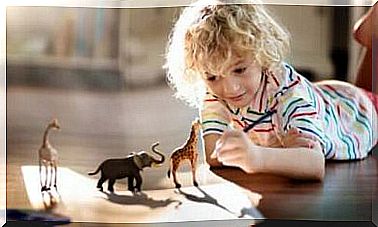Do Not Make Comparisons Between Siblings

It is important not to compare siblings. Unfortunately, this is something that parents often do when their children are young. They compare their children with other children in school or in a sports team. Other times, they make comparisons between siblings.
Parents’ tendency to compare their children is natural. Usually it is comparisons that they make internally, but they come up from time to time in certain discussions and conversations.
The problem arises when these comparisons place one child above the other and the children find out.
Sometimes, however, this happens on purpose. Parents may say things like “your brother is smarter and tougher than you” or “try to behave more like your brother”.
Other times, children find out these comparisons only by accidentally hearing a conversation that is not intended for their ears.
Why do parents compare siblings?
All parents want the best for their children. This is partly a reason for many comparisons between siblings. Some parents think that this is the right thing to do.
In other words, they believe that the idealization of a sibling can make him or her serve as a role model for the other. Generally, parents base these comparisons on a particular skill or talent. They believe that it will be useful for the sibling who does not perform best in the comparison.
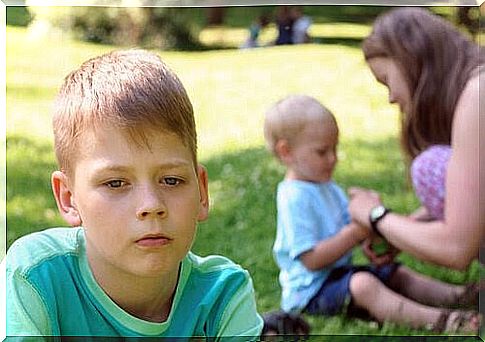
These comparisons between siblings also set a standard for parents’ ideals. One must really take into account each individual child’s specific characteristics and talents, all of which are valuable and unique. Instead, many parents have a child as a favorite and who in all comparisons stands out as the ideal model. They then try to get the other children to reach this sibling’s standard.
In some cases, comparisons come from the mother or father identifying with one of the children. They see more of themselves in one of the children and believe that he or she will get better. They may tell the other child, “Your brother is as good at math as I was.” It can hurt the child deeply as he or she sees his or her parents as the highest authority. That’s how jealousy begins.
The consequences of making comparisons between siblings
The negative consequences generally affect the child who does not perform best in the comparison.
- It damages the child’s self-esteem. By making comparisons, you tell the child that he or she is not valuable and lacks positive qualities. The result is insecurity, as well as a feeling of worthlessness and being unloved.
- Jealousy and jealousy begin to poison the sibling relationship. When a child thinks that the parents love his or her siblings more because he or she is simply better, it creates distance between them.
- When a sibling feels inferior to another because of unfavorable comparisons, he or she may provoke the parents and become hostile and careless. In many cases, he or she will start looking for ways to stand out to bridge the perceived gap. However, this is not to mature and improve oneself. Rather, it’s just to win over the sibling in any way.
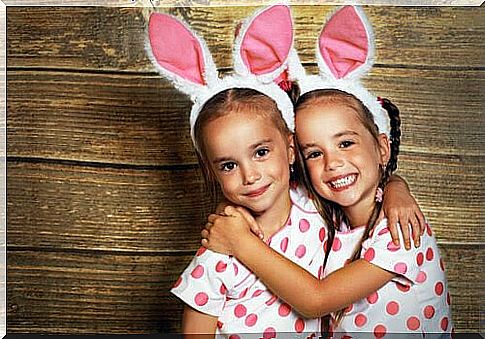
How to stimulate positive behavior without comparisons between siblings
It is important to remember that all children are unique and valuable in their own right. Comparisons never lead to positive learning or growth.
It is possible to help your child develop their positive qualities and behaviors without having to make comparisons. The following actions may help:
- You need to get to know your child as well as possible. Identify valuable qualities and let your child know why he or she is important. Children need to know that their parents value all their positive qualities and do not focus on the negative ones.
- When you see positive behavior that you want your child to develop further, be sure to mention it and use positive reinforcement. The child must value that behavior because it is good for him or her, not because a sibling does it.
- It is important that children feel that their parents accept them as they are. However, this is not the same as saying that there is no room for improvement. In addition, they need to know that having or lacking an ability does not make them neither more nor less loved.

